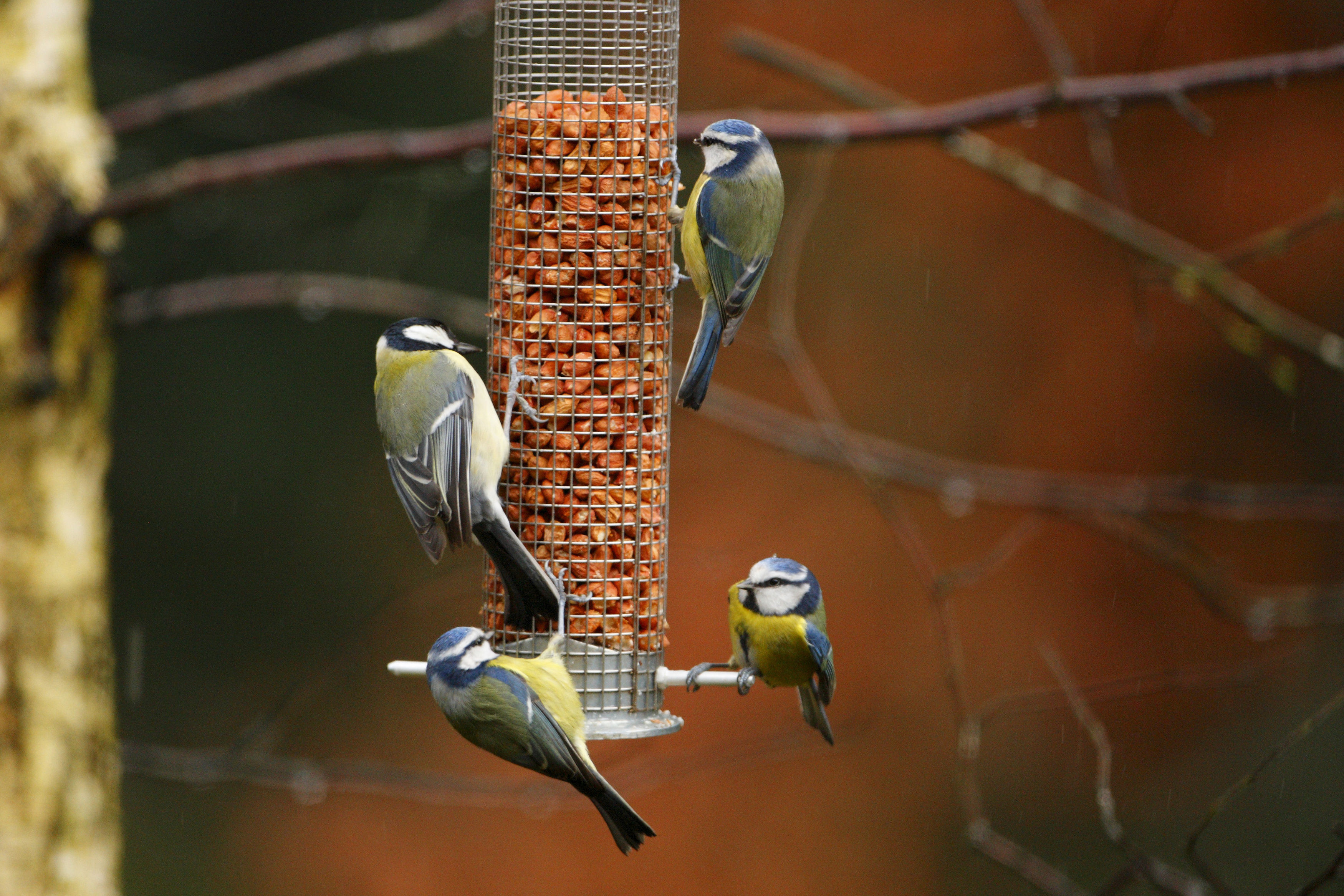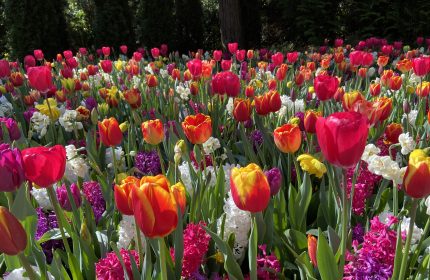Park birds ‘struggling to breed’
Blue tits and great tits are struggling to breed in city parks planted with exotic trees and shrubs, a study by Anglia Ruskin University researchers has revealed.
The birds have more difficulty rearing chicks in “man-made” environments filled with non-native trees and shrubs than in more natural landscapes such as woodlands and hedgerows, according to new research.
The study by Anglia Ruskin University and the Centre for Ecology and Hydrology monitored breeding success of blue and great tits in nest boxes in the Botanic Gardens in Cambridge, and compared it with those in nest boxes in more traditional woodland and hedgerow habitats.
Very few great tits raise chicks to fledging in the Cambridge University Botanic Gardens and the young that do survive are often underweight, according to the research which recorded clutch size, chick weights and fledgling success.
Dr Nancy Harrison, from Anglia Ruskin University, said exotic trees and shrubs were worse than having no plants at all, because the birds expended energy and time searching for food among them with little reward for their effort.
The average weight of an 11-day-old great tit was 14.5g in the Botanic Garden compared to 17.5g for nestlings of the same age in woodlands. It was a similar story for blue tits, with 11-day-old chicks weighing in at an average 9g in the park landscape filled with non-native species, compared to 10.6g in a woodland habitat.
Dr Harrison said: “Our research in the botanic garden has shown how difficult it is for insectivorous birds like blue tits and great tits to breed in urban parks full of exotic trees and shrubs.
“These birds do best when breeding in deciduous oak woodland and therefore the botanic garden is something of an unnatural habitat.”
She said that in the woodland habitats the chicks tended to be bright and perky looking and nests could have eight to 12 chicks in them, whereas in the urban park nest boxes, there would often just be one healthy chick.
“It’s not that the birds fail completely, but they have to work really hard to do less well,” she said. “The birds in our cities live longer because we feed them, but they struggle to breed and raise fewer chicks.”
Latest posts by Sally - Silversurfer's Editor (see all)
- The most nutritional nuts to eat each day: A guide to healthy choices - April 30, 2024
- 5 edible uses for Borage - April 28, 2024
- How to keep your tulips lasting longer - April 25, 2024
- Do you sleep with a snorer? - April 25, 2024
- Holiday hack: How to win a GHA DISCOVERY Titanium status upgrade - April 23, 2024





















